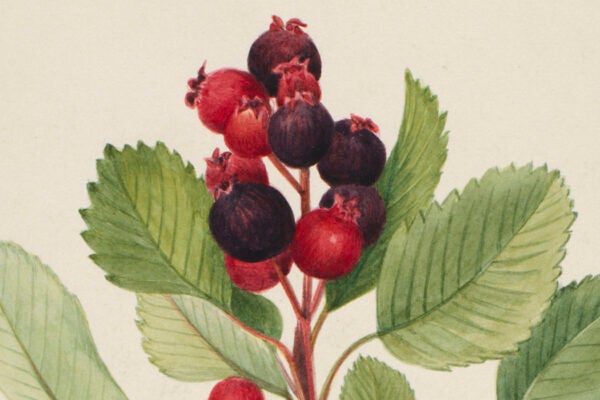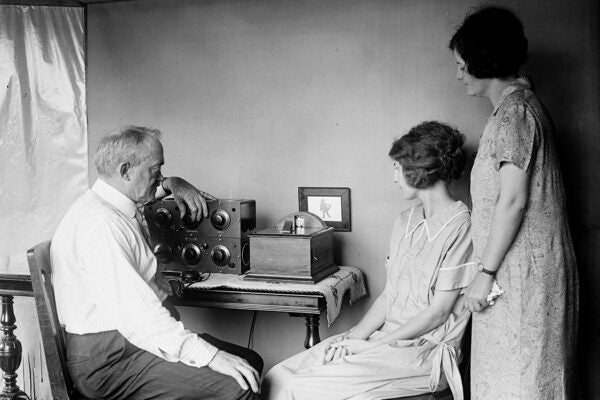Once upon a time, a hospitalized Civil War soldier dictated a letter home: “My dear Mammy, I hope this finds you well, as it leaves me well, and I hope that I shall git [sic] a furlough Christmas, and come and see you, and I hope that you will keep well, and all the folks be well by that time, as I hopes to be well myself.”
This, writes folklorist Simon J. Bronner, is an early documented use of the hoping/wish-fulfillment correspondence greeting that became so ubiquitous during the COVID-19 pandemic.
“I hope you’re well,” “I hope this finds you well,” and other variations on this are not, as some think, unique to the internet or sui generis to email. Email, though, certainly made these greetings infamous through overuse. Certain parties, writes Bronner, threatened “open rebellion against the social pressure of starting or ending emails with the often-repeated hopeful or wishful words.”
For instance, journalist Dayna Evans, quoted by Bronner, argues that
the expression has rendered itself so benign in its overuse that our brains are now programmed to ignore it, skipping directly to the point of the email, which, if the text “I hope you’re well” is any indication, is probably a request for a favor.
Others have noted that the practice places the feelings of the writer (“I hope…”) before the recipient (“…you’re well”), setting up an unequal power relationship. Writes Bronner,
the emergent practice of “checking in” [is] a way to inquire into the recipient’s status without being put in an awkward position if the person is not well. Yet it also could appear impersonal, with an undertone of a workplace inquiry to a subordinate.
What was going on here? Why did the “I hope” cliché—which seems so polite and, well, hopeful—become so ubiquitous? Was it, asks Bronner, simply a mindless (automatic, unthinking) response to trying times and the still-evolving social conventions of digital communications? Or was it folkloric, that is “mindful and purposeful”? Was it, in fact, evidence of magical thinking?
“Magical thinking” is the belief that one’s thoughts can affect the material world. Or, as Britannica puts it, “magical thinking presumes a causal link between one’s inner, personal experience and the external physical world.” If you think it, hope it, or pray for it, it will happen.
Magical thinking is entwined with folklore, notes Bronner.
“Expressions of hope make known or bestow a desire upon the other person, while invocations of wishing imagine, divine, or fantasize the future,” he writes, arguing that “‘I hope you’re well’ is a mindful expression that frames/creates a social message” within the traditions of daily and ceremonial life. Hopes and wishes are “elementary forms that respond to ambiguity” founded on the assumption, which may or may not be realized by the writer or speaker, that they really will affect the recipient’s well-being.
“Folklore is often invoked in situations in which people feel challenged and awkward,” he notes. We fall back on customs, sayings, and stories. In the back-and-forth of conversation, whether face-to-face or mediated through email, ritualistic sayings are expected by our interlocutors. Consider “birthday, graduation, New Year’s, and ‘best’ wishes.” You note their absence if they go unsaid. At the same time, these are also boundary-setting pleasantries.
Weekly Newsletter
Few, after all, are so gauche as to begin a communication with “I hope this finds you alive.” And there are probably few inquirers, outside of the most intimate relationships, who really want an in-depth, truthful response to the greeting, “How are you?”
Meanwhile, it’s clear that folklorists have their “analytical lenses on digital communications,” writes Bronner, so while it’s unlikely that your collected emails will ever be published, they’re certainly being thought about.
Support JSTOR Daily! Join our membership program on Patreon today.







